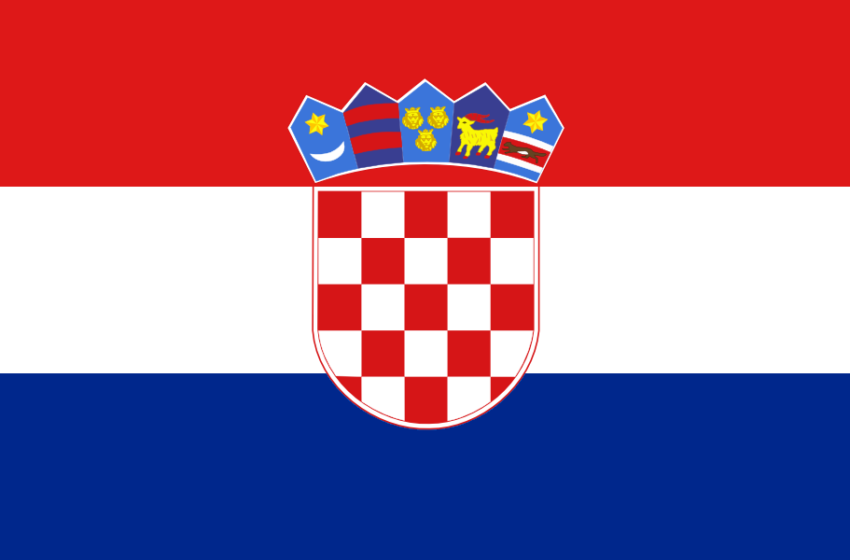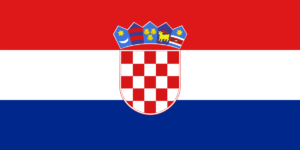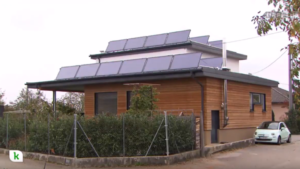Croatia: Demand for Residential Subsidy Scheme Exceeds Budget
April 2, 2013
On 3 December 2012, Croatia started another year of nationwide subsidies. The Croatian Environmental Protection and Energy Efficiency Fund (EPEEF) grants households up to 40% of the solar water heater investment, up to a maximum of Croatian Kuna (HRK) 12,000 (EUR 1,580) per house or flat. Eligible technologies include solar thermal, off-grid photovoltaics, heat pumps and biomass boilers. The beginning in 2009 was accompanied by a large countrywide media campaign. “I can have solar collectors, too!” said Victor, a popular comic book character known all over Croatia (see the ad above). Leaflets and posters went hand in hand with an awareness-raising campaign in the press, on the radio and on TV. There was even a picture book for children, which became widely distributed all around Croatia. The consequence: today’s demand is higher than the programme’s budget.
“Unfortunately, there is not enough money for all applicants yet, so we have to conduct contests or public calls and then select households according to the model we have set up,” explains Ivan Pržulj, Head of the Department for Energy Analysis and Support at the Northwest Croatia Regional Energy Agency, REGEA. According to Pržulj, REGEA has accepted about 50 % of all applications – solar and non-solar – over the last three years. The focus is on home owners who already improved the building’s energy efficiency and apply for renewable technologies, which will save more emissions at lower costs.
Although EPEEF itself makes the decision whether a certain household will receive the subsidy, it is the regions which manage the entire application process and control its implementation. In fact, the regions and counties have to apply to EPEEF first, which means they have to fulfil certain conditions as well, for example, contribute at least 10 % to the subsidy budget. Therefore, the subsidies actually come from three sources: the EPEEF, the budget of the region, county or city and the participation of the applicant. You will find more information about the subsidy scheme in the table below and in the attached brochure in Croatian.
REGEA was the first energy agency to receive financial support, because the agency had been the initiator of the support scheme. “REGEA created the project in 2009 and proposed it to the northwest regions.” The agency is in charge also in Zagreb and agreed on cooperating with the fund. “The project had been more popular than expected and soon rose to the national level. Now, all of the regions and counties can apply for subsidies,” adds Pržulj. The Head of the Department for Energy Analysis and Support at REGEA hopes that one day, the funding will be enough to grant subsidies to everyone who can meet some basic requirements.
Because the programme has been around for some time now, a number of installers and technicians have taken special training and education courses. Tomislav Orlic, Solar Department Manager of Tehnomont, the only Croatian collector producer, says that there is no lack of trained staff in the renewable industry. According to Igor Wolf, Professor at the Faculty of Engineering of the University of Rijeka, solar thermal is included in the university’s curriculum on the undergraduate, graduate and post graduate level. In addition to a theoretical education, students work in the laboratory and have to have a project outside the faculty to complete the course. Interest in the subjects dealing with RES has been increasing especially among master’s degree students in Mechanical and Electrical Engineering and postgraduate degree students taking the modules Engineering Thermodymanics, Ecological Engineering, as well as Environmental Protection. This semester has seen around 30 master’s degree students participate in lectures around “Renewable Energy Sources”.
“How we supported 1,000 solar roofs in Croatia” is the name of a paper published jointly by REGEA and EPEEF at the Eurosun 2012 in September 2012. As the title suggests, more than 1,000 households have already received financial support since the start of the programme in order to install a solar thermal system. Although the maximum level of subsidies was capped at 40% of the total investment costs, approximately 30 % of the applicants have opted for a combined system.
More information:
Northwest Croatia Regional Energy Agency: http://www.regea.org/en/home.html
Environmental Protection and Energy Efficiency Fund: http://www.fzoeu.hr/hrv/index.asp
Tehnomont: http://www.tehnomont.hr/
Faculty of Engineering, University of Rijeka: http://www.riteh.uniri.hr
This text was written by Vladislava Adamenkova, a Czech student of International Business Studies in Vienna, Austria.
On 3 December 2012, Croatia started another year of nationwide subsidies. The Croatian Environmental Protection and Energy Efficiency Fund (EPEEF) grants households up to 40% of a solar water heater investment, up to a maximum of Croatian Kuna (HRK) 12,000 (EUR 1,580) per house or flat. (further information also in the news article).
This table was researched by Vladislava Adamenkova, a Czech student of International Business Studies in Vienna, Austria.
| Country / region | Croatia |
| Name of programme | Public tender for local and regional authorities to finance joint renewable energy projects in residential buildings |
| Type of incentive | Investment subsidies |
| Eligible technologies | Solar thermal systems for domestic hot water and space heating, wood boilers, heat pumps, off-grid PV systems, off-grid wind systems |
| Applicable sectors | Owners of residential buildings through cities and local governments
Focus on building projects for better energy efficiency, as well as on systems saving emissions at lower cost |
| Amount | Maximum of 12 000 HRK (EUR 1,580) per house/flat |
| Maximum incentive | 40% of the investment; at least 10% must be contributed by the city/region |
| Requirements for system | No specific requirements stipulated |
| Requirements for installation | No specific requirements stipulated |
| Finance provider | Cities, municipalities and regions apply for funding at the National Environmental Protection and Energy Efficiency Fund and manage the programme themselves |
| Total funds | n/a |
| Funding source | Funding comes from big industrial polluters, motor vehicle registration or levy on the electricity bill of natural and legal persons |
| Effective date | December 2012 |
| Expiration date | No date published yet |
| Website | http://www.fzoeu.hr/ |
| Last review of this tabloid | February 2013 |
| Contact | Ivan Ćutić Phone: 00385 15391848 E-mail: kucanstvaoje-natjecaj@fzoeu.hr |


